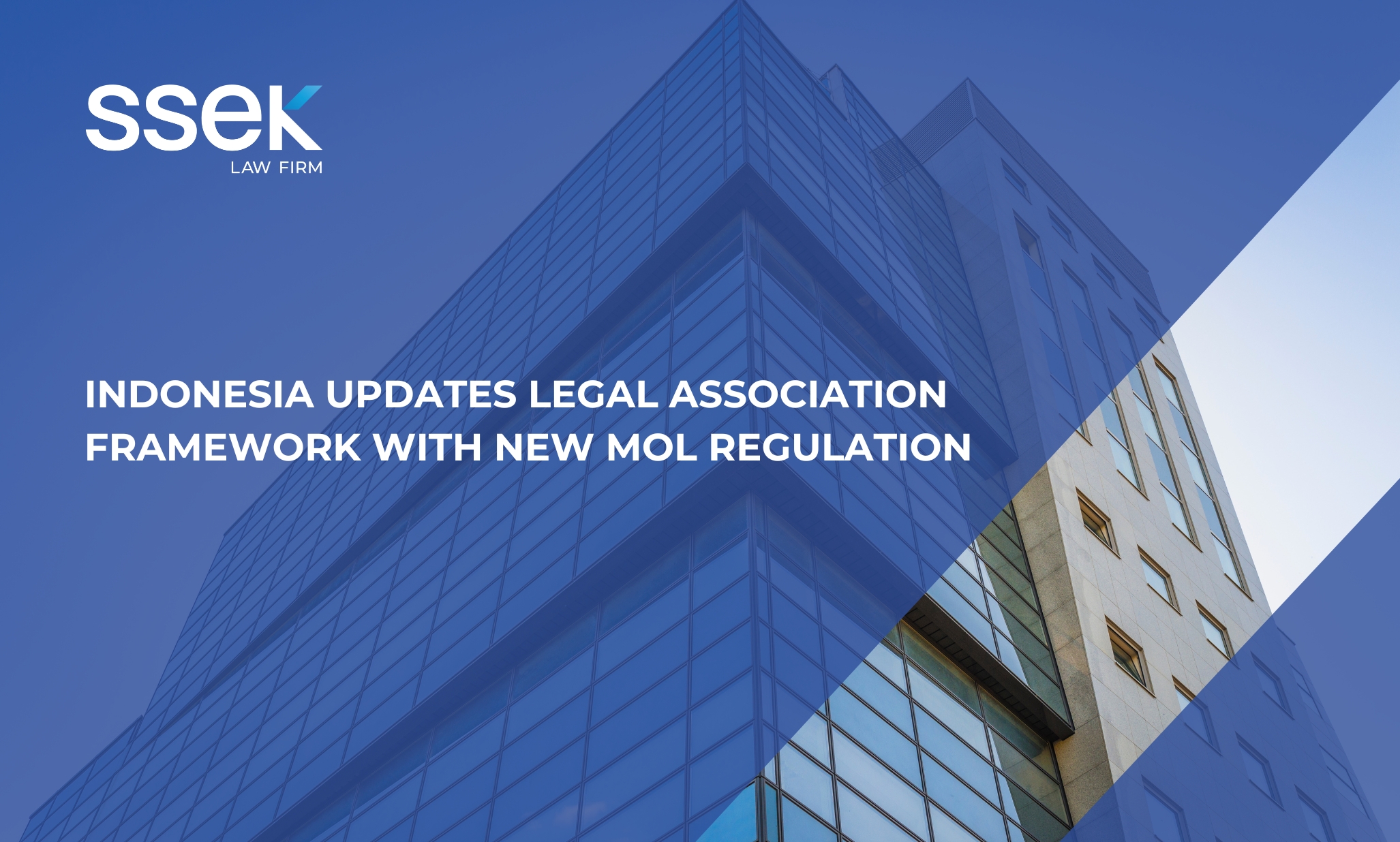

By Fitriana Mahiddin and Syahdan Z. Aziz
Indonesia's oil and gas sector is regulated mainly by Law No. 22 of 2001 regarding Oil and Natural Gas (the "Oil and Gas Law"). Oil and gas business activities classified as upstream, i.e., exploration and exploitation, are further regulated by Government Regulation No. 35 of 2004, as lastly amended by Government Regulation No. 55 of 2009 regarding Upstream Oil and Natural Gas Business Activities ("GR 35").
Downstream business activities, such as processing, transportation, storage and trading, are regulated by Government Regulation No. 36 of 2004 regarding Downstream Oil and Natural Gas Business Activities, as amended by Government Regulation No. 30 of 2009 ("GR 36").
The Oil and Gas Law grants the Government the exclusive rights to oil and gas exploitation and requires all private companies wishing to explore for and exploit oil and gas resources to enter into cooperation contracts, based upon a production sharing scheme with the Government. In entering into such contracts the Government is represented by the Special Task Force for Upstream Oil and Natural Gas Business Activities ("SKK Migas"), which replaced the now-dissolved Implementing Body for Upstream Oil and Gas Business Activities ("BPMigas").
Exploration, development and production (i.e., upstream) activities are performed by foreign or domestic companies acting as contractors to the Government under cooperation contracts, which are also known as Production Sharing Contracts ("PSCs"). All the financial risks of operations performed under the cooperation contract are to be borne by the contractor. Any oil and natural gas produced is shared between the contractor and the Government in the proportions specified by the cooperation contract.
In 2010, the Government issued Government Regulation No. 79 of 2010 ("GR 79") on operating costs that can be recovered and the income tax treatment of the upstream oil and natural gas sector. This regulation came into effect on December 20, 2010, and implements Article 31d of Law No. 7 of 1983 regarding Income Tax, as lastly amended by Law No. 36 of 2008.
While initially questioned by the oil and gas industry, GR 79 is now expected to encourage investment in Indonesia's oil and gas industry. However, some provisions of GR 79 may create uncertainty for existing PSCs.
In late 2012, the Indonesian Constitutional Court issued Decision No. 36/PUU-X/2012, which annulled several provisions in the Oil and Gas Law and disbanded BPMigas. In response to the Constitutional Court decision, the President issued Presidential Regulation No. 95 of 2012 ("PR 95/2012"), which temporarily transfers the responsibilities of BPMigas to the Ministry of Energy and Mineral Rights ("MEMR") while the Government amends the Oil and Gas Law or issues a new regulation.
The Constitutional Court decision provides that existing PSCs remain in effect until they expire or until such other date as may be agreed. PR 95/2012 similarly provides that all existing PSCs remain in effect until their expiration.
Subsequently, under Presidential Regulation No. 9 of 2013, the MEMR delegated the management of upstream oil and gas business activities to SKK Migas until the issuance of a new law on oil and gas. An amendment to the Oil and Gas Law is currently being discussed and drafted by the Government.
Downstream business activities in the oil sector may be conducted by obtaining a business license from the relevant governmental authority, i.e., the MEMR. These licenses consist of a processing business license, transportation business license, storage business license and/or trading business license. One business entity may possess more than one business license.
The specific requirements for downstream business licenses depend on the type of downstream business activities regulated by GR 36. These business licenses are not required for a PSC contractor if the downstream activities are performed for its own oil products as a continuation of its exploration and exploitation activities.
This publication is intended for informational purposes only and does not constitute legal advice. Any reliance on the material contained herein is at the user\'s own risk. You should contact a lawyer in your jurisdiction if you require legal advice. All SSEK publications are copyrighted and may not be reproduced without the express written consent of SSEK.









